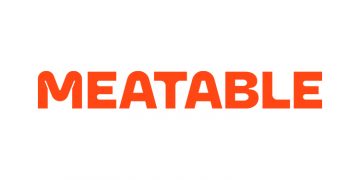The market for baby food is comprised of businesses that sell foods intended for children and infants. Any food that is smooth and simple to swallow that is made especially for newborns between the ages of four to six months and two years is known as “baby food.”
Milk formula, dried baby food, ready-to-feed baby food, and other types are the three basic categories of infant food. For feeding infants, milk formula is a synthetic substitute for breast milk. You can buy it as an instant liquid or as a powder to mix with water. They fall into a number of kinds, including organic and conventional. Baby food is distributed through a variety of outlets, including internet, specialized shops, hypermarkets, and supermarkets.
Baby food sales were highest in Asia-Pacific in 2021, and this region is expected to expand at the fastest rate throughout the forecast period. Asia-Pacific, Western Europe, Eastern Europe, North America, South America, the Middle East, and Africa are the regions covered in the baby food market study.
The increasing working women population is significantly driving the growth of the baby food market. The working women depend highly on baby food to keep their babies with proper nutrition as they cannot spend more time at home, leading to an increase in the demand for baby food. For example, according to the US Bureau of Labor Statistics, a unit of the United States Department of Labor, in 2019, there were 76,852,000 women aged 16 and above in the labor force, accounting for nearly half of the entire workforce (47.0%). This increasing working women population invariably increases the demand and sales of baby food. Hence, the growing working women population is expected to drive the growth of the baby food market in the coming years.
Vegan-based baby food is the key trend in the baby food market. The vegan-based baby food is considered nutritious and safe for babies. The key players in the baby food market are focusing on launching vegan-based baby food products. For instance, in February 2022, Tiny Organics, a firm focused on early childhood nutrition and based in the United States, launched a line of plant-based finger snacks aimed at encouraging youngsters to try new foods.
Baby-led weaning (BLW) encourages young children to feed themselves at their speed, and the Tiny Beginnings range is the first non-puree baby food produced for BLW. For babies aged 4 to 8 months, the new range includes six vegetable-forward meal options with a variety of textures and easy-to-grasp sizes. Tiny’s meals are 100% organic, include no added sugar or salt, and are designed to suit the nutritional needs of young children.
In January 2021, Hero Group, a consumer food manufacturer based in Switzerland has acquired Baby Gourmet for an undisclosed amount. As a result of this acquisition, Hero Group plans to expand its category presence, and the acquisition will reportedly provide the company with a new platform to enter the Canadian infant food market with an organic product line. Baby Gourmet is a Canadian-based company that produces organic meals and snacks for babies.




















